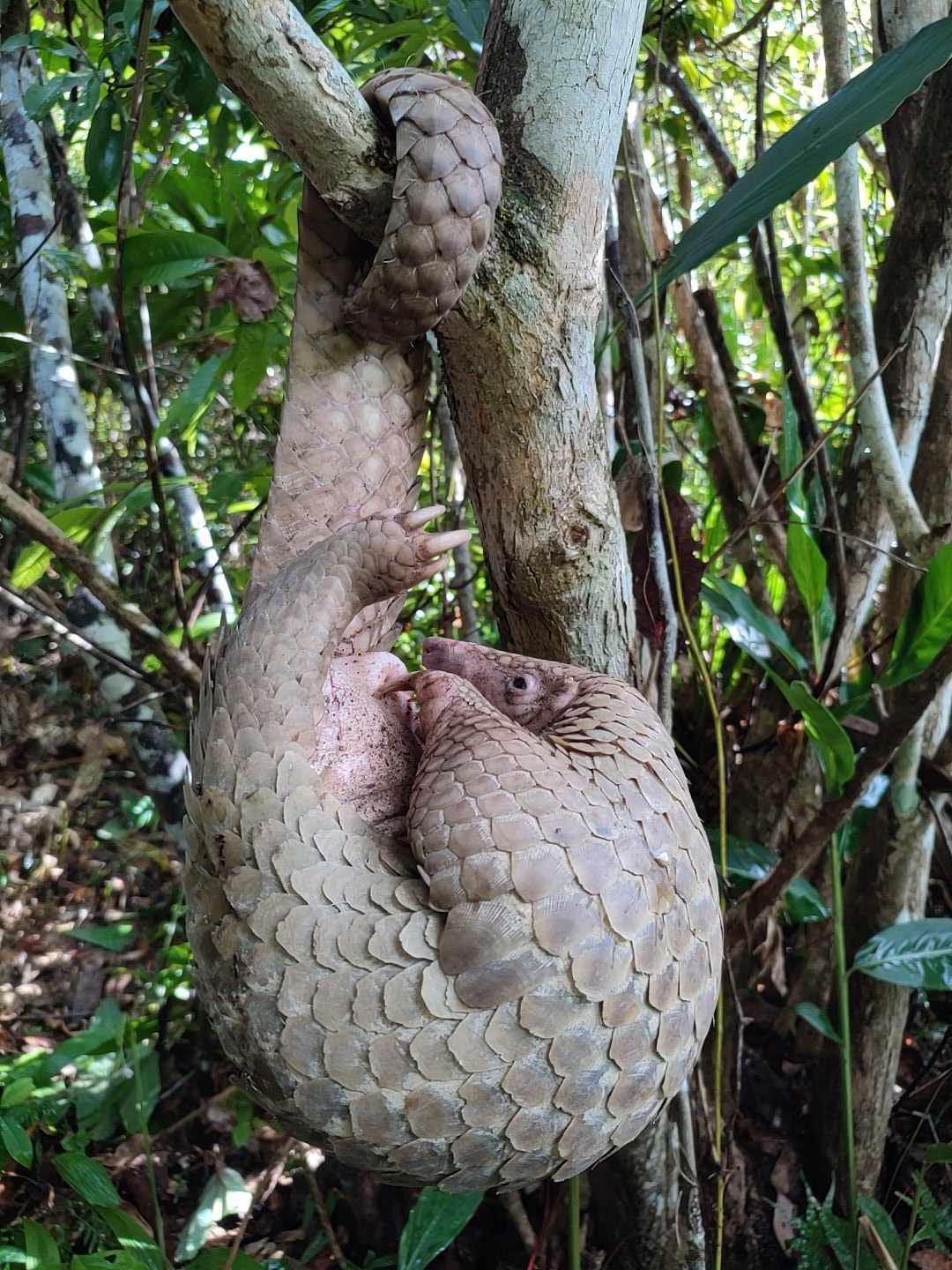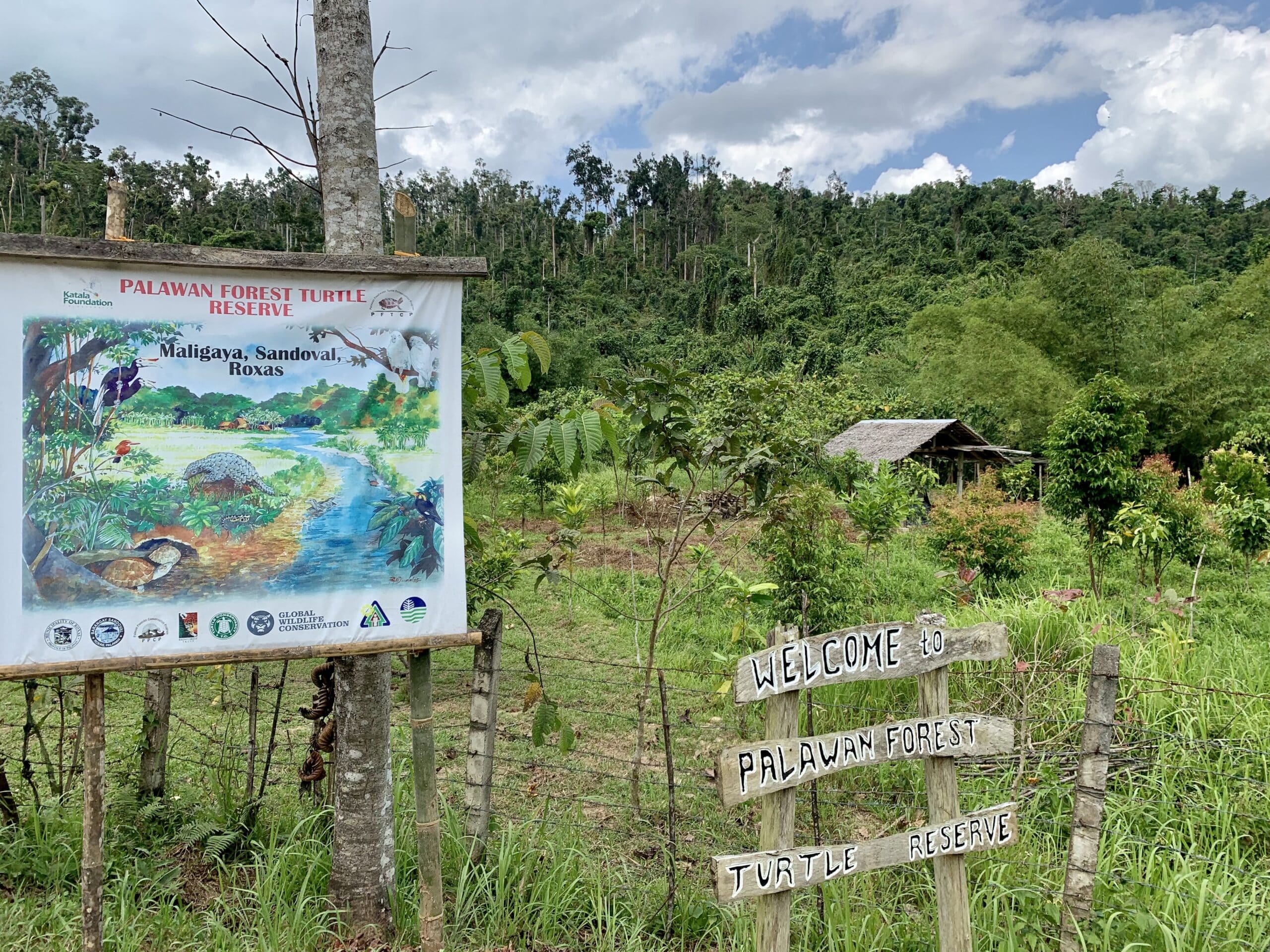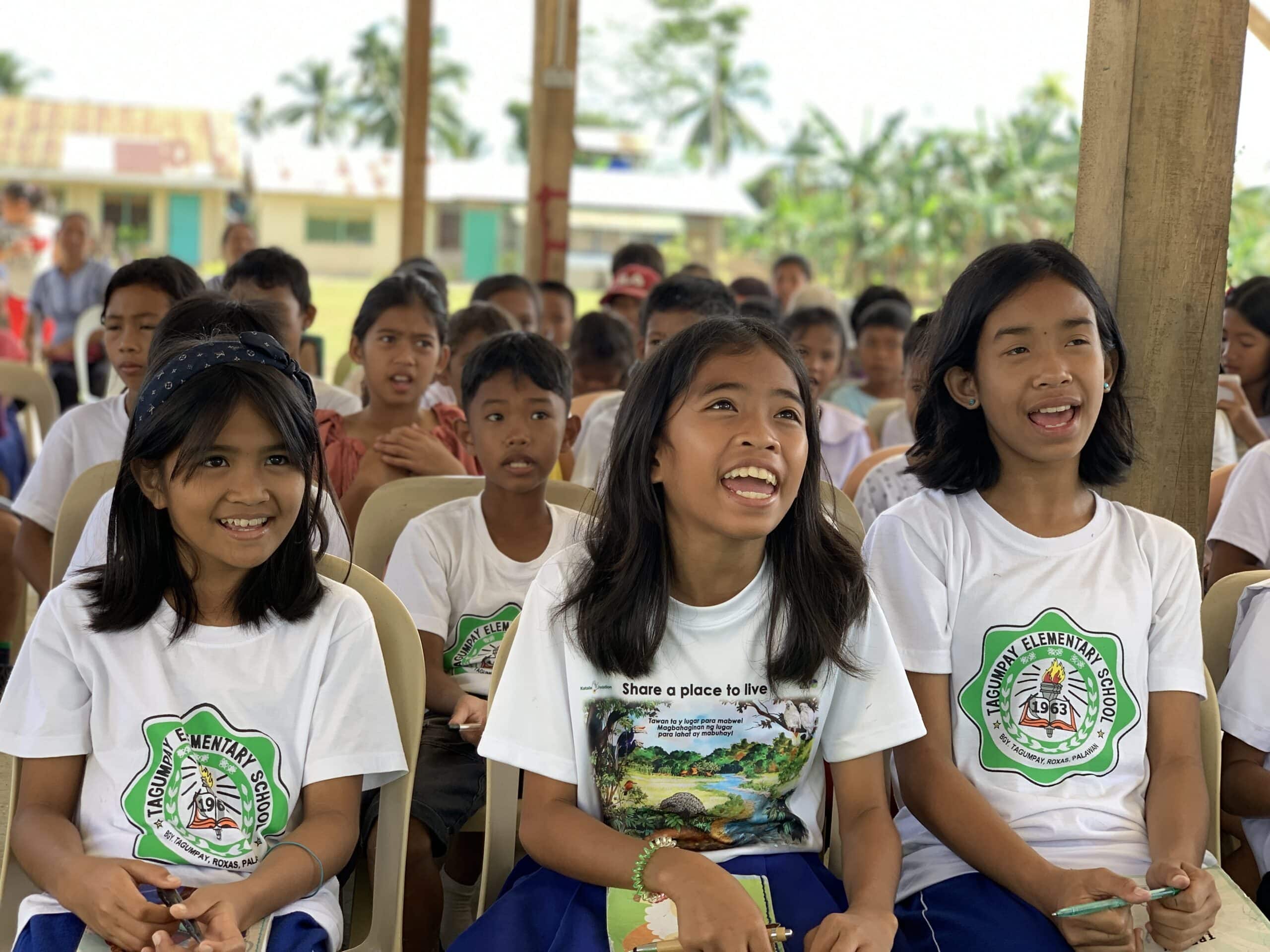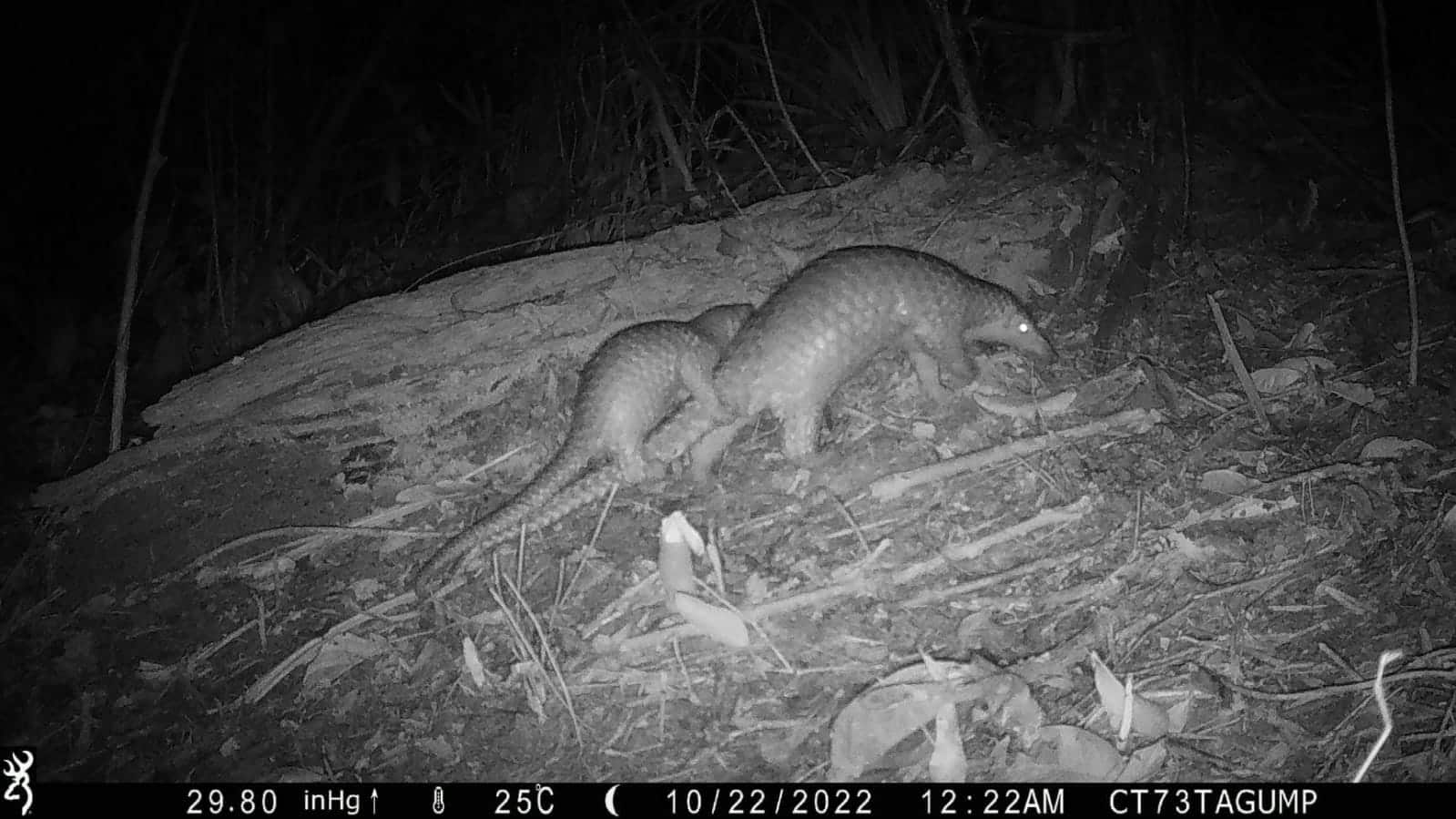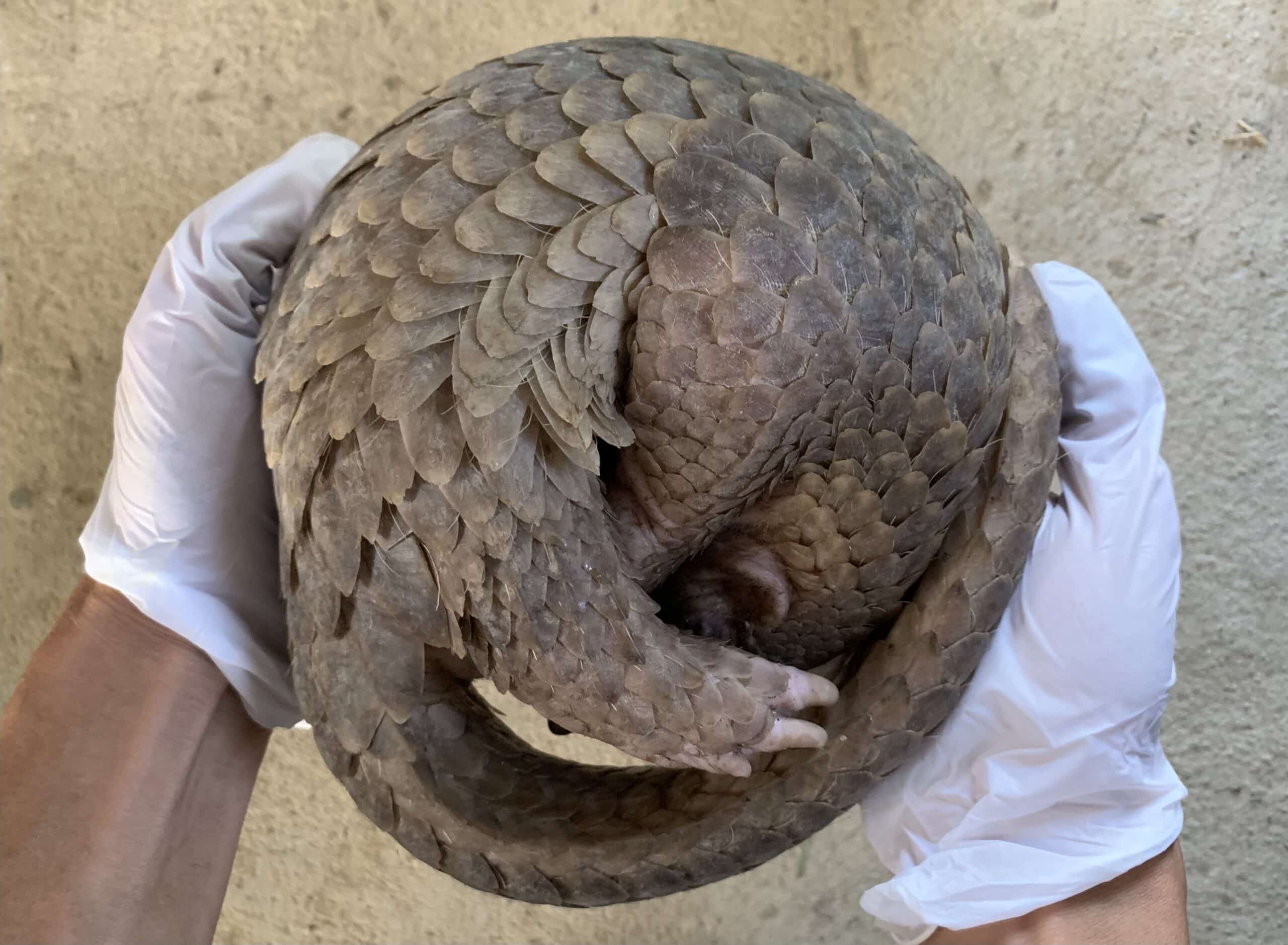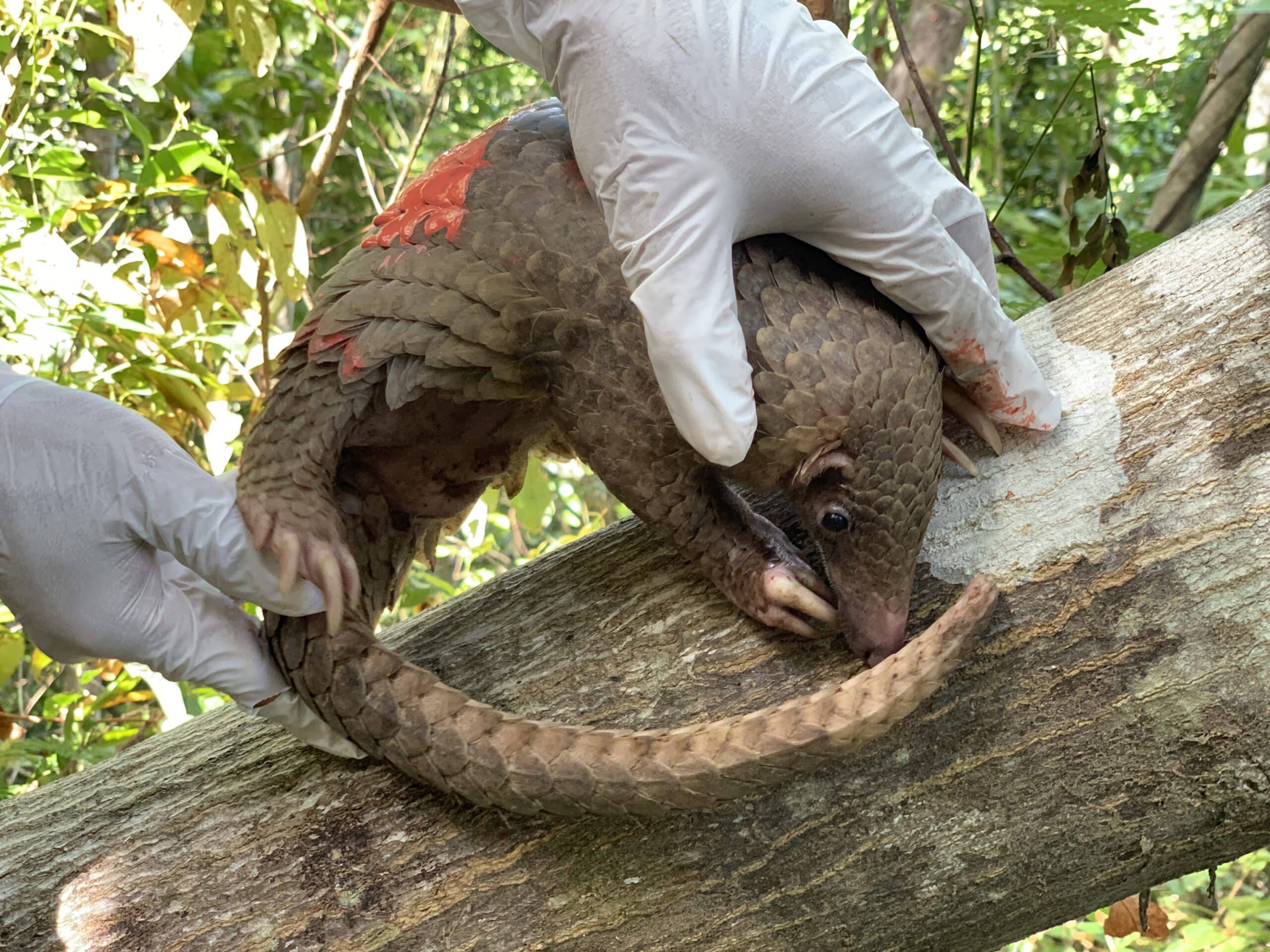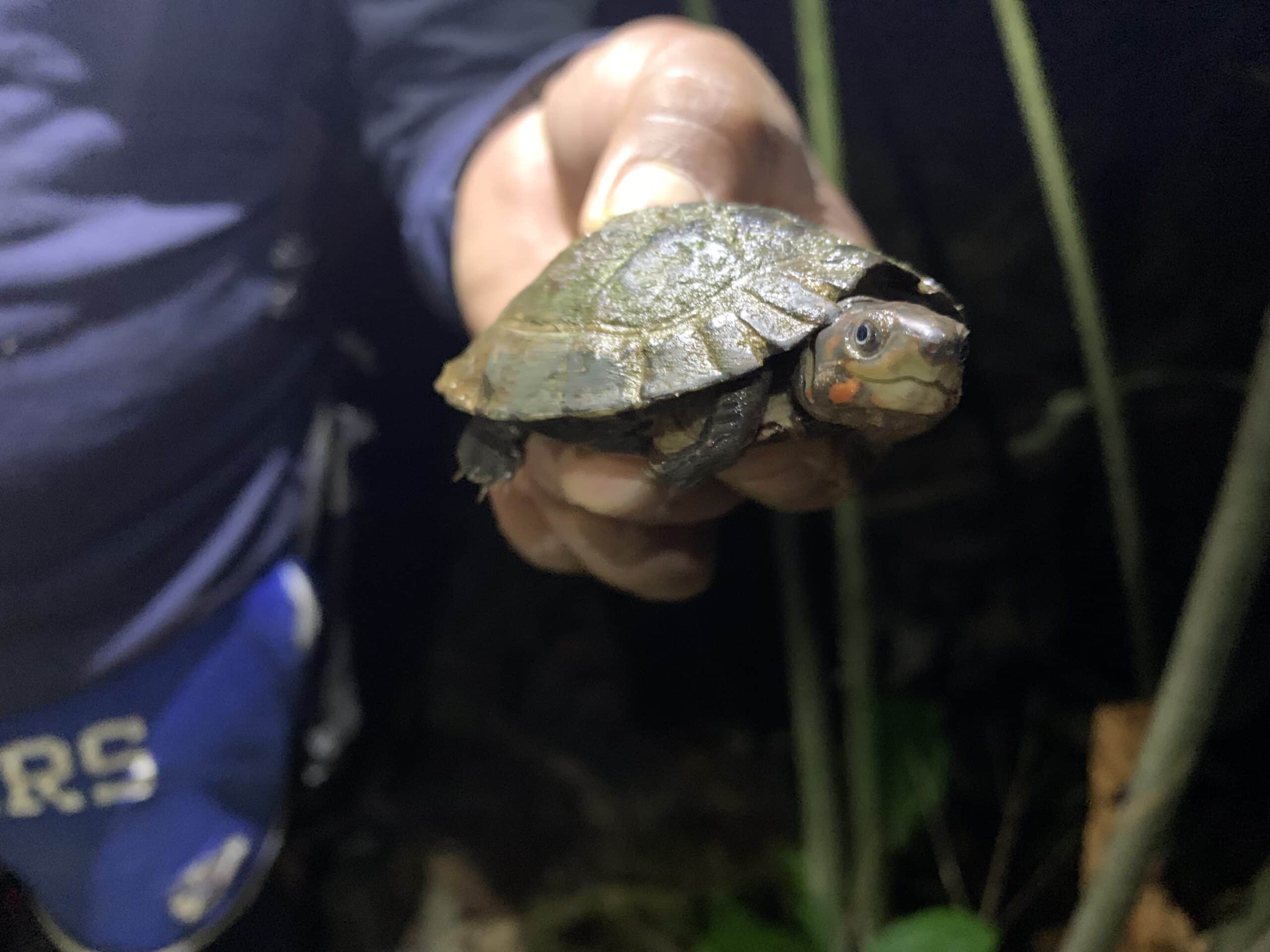The Critically Endangered Palawan pangolin is perhaps the most threatened of all pangolins because it only lives in Palawan, an island province in the Philippines. This means it has the smallest geographic range of any pangolin species, making Palawan pangolins particularly vulnerable to threats like poaching, habitat loss, and climate change.
The Katala Foundation, a PCF grantee, is dedicated to saving the Palawan pangolin and other threatened endemic species like the Philippine cockatoo, Palawan forest turtle, Calamian deer, Balabac mouse-deer, Palawan hornbill, and Palawan porcupine.
In March 2023, I visited the Katala Foundation at their headquarters in Puerto Princesa, Palawan and then travelled with the team to visit their project field sites. The Katala Foundation specialize not only in the research, rescue, and rehabilitation of pangolins and other species, but they also work closely with key stakeholders through community outreach and education campaigns. These campaigns focus on sustainable environmental management, as well as helping people develop sustainable forest management agreements and promoting organic farming methods.
The PCF-funded project includes school education programs as well as teaching people how to farm in harmony with nature, including helping people learn how to produce organic compost using worms—a process called vermiculture.
Pangolin habitats are also surveyed through camera traps and giving points to local communities for each photo of pangolins they produce. These points are then commuted into cash for each community. The project is already producing incredible results—they’ve discovered that there are more pangolins remaining in the areas being surveyed than we ever imagined! And they’re breeding successfully.
I visited local communities and heard first-hand how the PCF-funded Katala Foundation project is transforming their attitudes toward protecting pangolins and living in harmony with nature, as well as reducing habitat loss through logging. Now when local people come across Palawan pangolins, they are more likely to hand them over to the Katala Foundation to be safely released into the project sites, including a young male that they nicknamed Azza.
After Azza the Pangolin had been weighed and measured, and its wellbeing confirmed by the local authorities—Palawan Council for Sustainable Development—who joined the activity, he was put safely into a carry case, and then we trekked into the project site. He was daubed with a little bit of non-toxic paint for identification purposes and then safely released back into the wild.
The work of the Katala Foundation is critical for Palawan pangolins, Critically Endangered Palawan forest turtles, and many other species who share this important habitat. By protecting pangolins, we’re protecting their neighbours as well.
I am humbled that we are able to support this truly awe-inspiring organisation and their work to protect Palawan pangolins and prevent them from disappearing forever.


